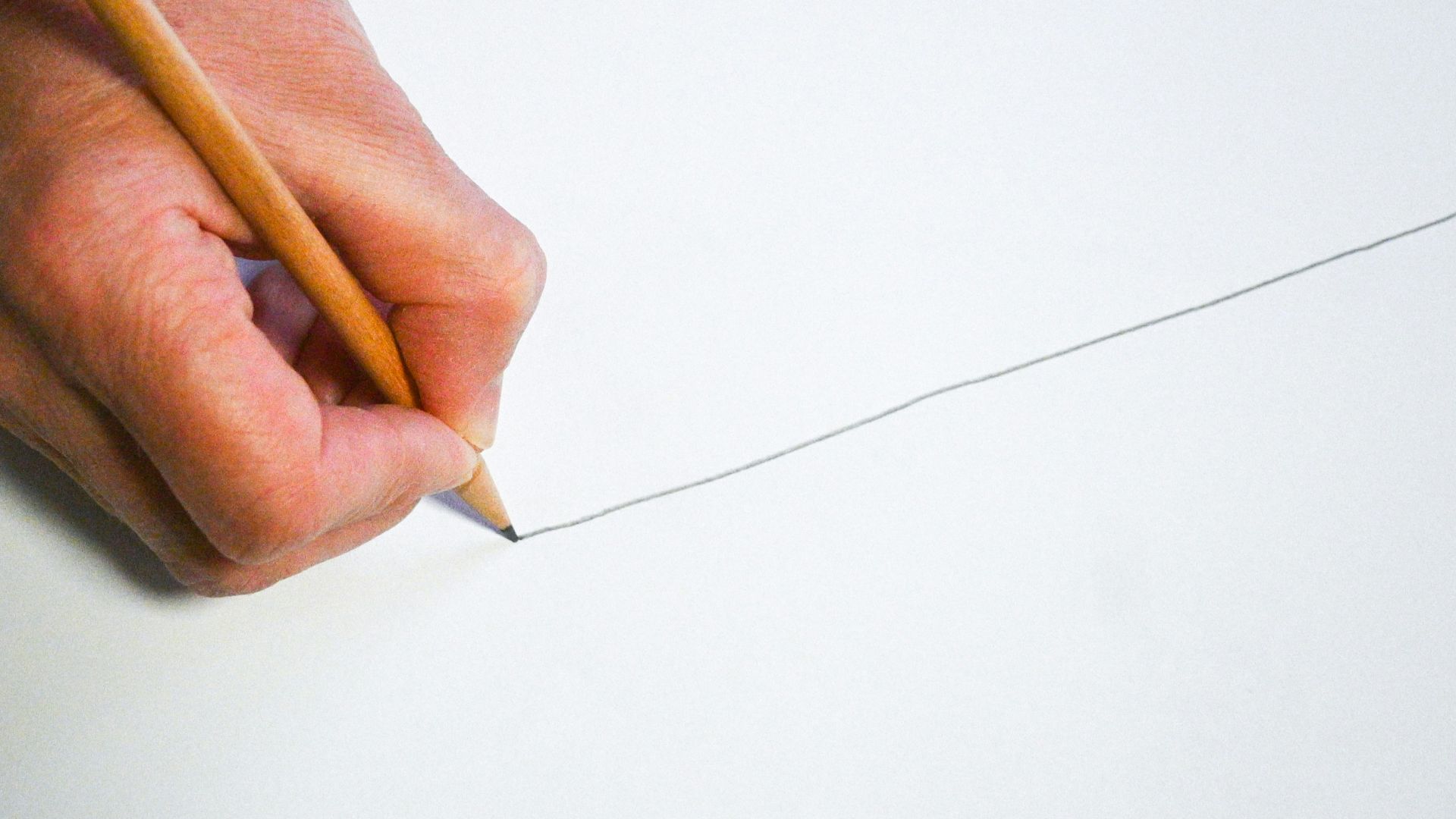When A Loan Becomes A Betrayal
You lent your best friend money for “groceries" after she said she was struggling. Days later, she showed up with a new designer handbag. Now you’re angry and confused—was it deception, poor judgment, or both? Here’s how to handle the emotional and financial fallout without destroying the friendship.
Why You Feel So Betrayed
This betrayal cuts deeper than the mere total of dollars and cents. You believed her story and acted out of compassion. When that trust feels exploited, it shakes the foundation of your friendship; loans between friends depend on honesty more than interest rates.
 Daniele La Rosa Messina, Unsplash
Daniele La Rosa Messina, Unsplash
When “Groceries” Means Something Else
People sometimes justify splurges after receiving help, telling themselves they “deserve” a treat. Your friend may not see her spending as deceitful—but that doesn’t erase the disrespect. Misrepresenting need violates the basic good faith of personal lending.
The Problem With Lending To Friends
Money changes the dynamic. A casual friendship can quickly feel like a business arrangement, with power, guilt, and resentment replacing warmth. That’s why financial experts often say: if you can’t afford to lose it, don’t lend it.
Why You Should Wait Before Reacting
Anger can cloud communication. Give yourself time before confronting her. Waiting a day or two lets you separate the emotional sting from the practical issue—whether you’ll ever see the money again or want to continue the friendship.
How To Bring Up The Conversation Calmly
Avoid accusations. You might say, “When I lent you the money, I understood it was for groceries. Seeing the new handbag confused me.” Stating facts, not judgments, invites dialogue without escalating the situation into a shouting match.
What To Listen For In Her Response
If she apologizes sincerely and offers repayment, there’s hope. But if she deflects, minimizes, or mocks your concern, that signals a deeper lack of respect. Her reaction tells you whether this friendship values empathy or convenience.
Setting A Clear Boundary
You have every right to decide there won’t be another loan. Boundaries protect you from repeat behavior. You can be polite yet firm: “I want our friendship to stay strong, but I’m no longer comfortable lending money.”
Why Forgiveness Doesn’t Require Forgetting
Forgiving her for poor judgment doesn’t mean pretending it never happened. It simply means choosing not to let bitterness dominate you. You can forgive the person while remembering the lesson about how she handles money and honesty.
The Hidden Costs Of Helping Too Often
When you routinely rescue friends financially, they may start seeing you as a safety net. The cycle breeds dependency. True friendship doesn’t rely on bailouts; it relies on mutual respect and personal accountability.
When A Friendship Feels Lopsided
If you start noticing a pattern that goes as follows: she borrows, you give, she disappears; it’s not generosity anymore, but exploitation. Healthy friendships are about balance, not chronic taking. You deserve friendships where the support flows both ways.
Learn To Say “No” Without Guilt
Declining future requests isn’t mean, but an act of self-respect. Try this: “I can’t lend money right now, but I hope things work out.” You’re offering empathy, not shelling out money. Responsible boundaries often encourage others to start managing their finances more wisely.
 Francisco De Legarreta C., Unsplash
Francisco De Legarreta C., Unsplash
Protect Yourself For Next Time
If you ever lend to your friend again, keep a record of the transaction. Even casual loans benefit from written terms or digital proof. Transparency up front is what prevents misunderstandings and reminds borrowers that this isn’t “free money.” Clear expectations reduce the possibility of any awkwardness later on.
When It’s Time To Accept You Might Not Be Repaid
Some debts are emotional lessons, and not necessarily financial losses. If the friendship mattered to you, you could choose to view the loan as tuition in “people awareness.” The cost might sting, but the lifelong insight can save you a lot more in future heartbreak.
Confrontation Can Save The Friendship
Ignoring resentment doesn’t make the problem go away. Addressing the issue directly, as long as you do it calmly, privately, and respectfully, will give the friendship the best chance to heal. Silence only generates bitterness; communication, even if uncomfortable, at least allows the two of you to understand each other.
Tally Up The Friendship’s True Value
Ask yourself: is this relationship nurturing or draining you? A friend who misleads you about money may also do so about other things. Emotional safety matters more than shared track record together. Protect your peace of mind, even if it means stepping back.
What If She Refuses To Repay At All?
You can remind her once, politely, and then it may be best to let it go. Chasing repayment can take a higher emotional toll on you than the debt itself. Sometimes walking away is the healthiest option on the table.
 Photo By: Kaboompics.com, Pexels
Photo By: Kaboompics.com, Pexels
Rebuild Trust Over Time
If she shows accountability and keeps her promises, the trust level can slowly come back. But don’t rush things. Trust isn’t restored by words; it’s proven through consistent, responsible behavior. Let time and your newly formed boundaries test her long-term sincerity.
A Financial Wake-Up Call
Incidents like this just go to show why emotional lending often backfires. Going forward, practice “compassion with structure.” Help your friends by sharing financial advice, and not by shelling out gobs of cash. You’ll still be being generous without sacrificing your own stability or self-respect.
Protect Your Wallet And Your Peace
Your frustration is entirely justified, but you can respond with clarity instead of anger. Whether you decide to forgive or move on, keep your finances and boundaries clearly separated from your friendships. True friends will value your good-natured attitude; opportunists will only test it further.
You May Also Like:
My friend got a lift kit put in his truck instead of paying me back what he owes me. Now what?
My friends just got back from a luxury cruise, but are asking to borrow money. What now?
























